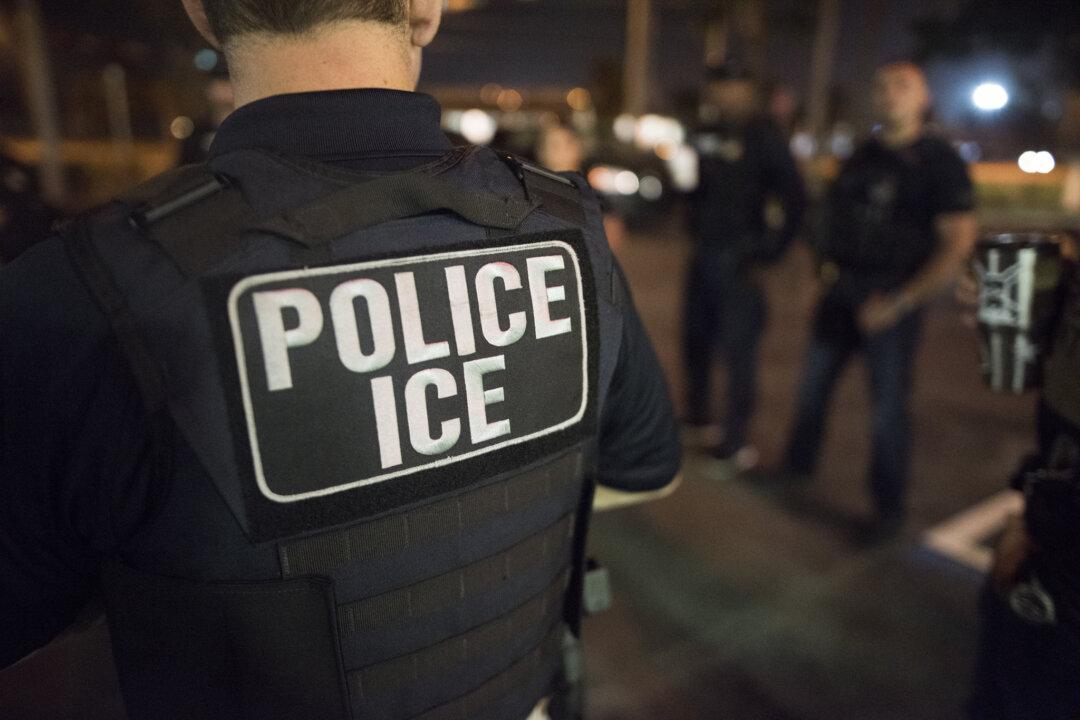A controversial Florida law banning sanctuary cities has taken full effect, though some provisions obliging local law enforcement to cooperate with federal immigration authorities have been blocked.
The law, formally known as SB 168: Federal Immigration Enforcement but colloquially termed the sanctuary city ban, entered into full force on Tuesday, Oct. 1, even as some provisions of the legislation had already been in effect since July.





